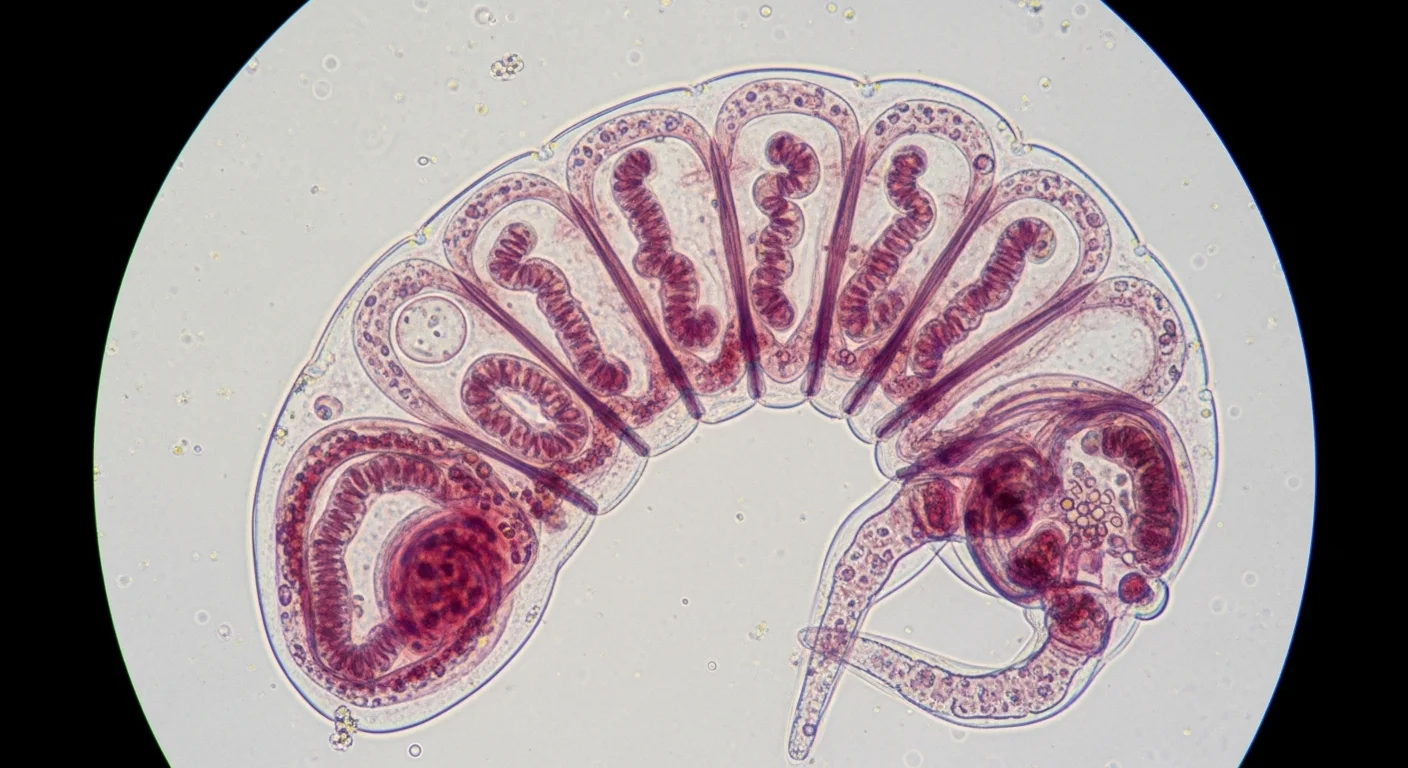Organ Transplant Parasite Infection: A Critical Warning
The medical community recently issued a stark warning about the potential dangers of parasitic infection following organ transplantation. A report in the New England Journal of Medicine detailed the cases of two men in the northeastern United States who received kidneys from the same donor and subsequently developed life-threatening parasitic infections. This highlights a critical vulnerability for transplant recipients and underscores the need for heightened awareness and proactive screening.
A Case Study: Two Lives Impacted
The first patient, a 61-year-old man, received a kidney transplant for end-stage renal disease. Approximately ten weeks post-transplant, he presented with a concerning array of symptoms: vomiting, intense thirst, nausea, abdominal and back pain, and fever. His condition rapidly deteriorated, leading to respiratory failure and requiring intensive care. Doctors observed a purplish rash spreading across his abdomen. Blood tests revealed elevated eosinophil counts, a strong indicator of parasitic infection. Further investigation, including lung tissue and skin lesion biopsies, confirmed the presence of nematode larvae, consistent with a roundworm-like parasite.
A second recipient, a 66-year-old man, also received a kidney from the same donor. Fortunately, his infection was diagnosed and treated promptly following the diagnosis of the first patient. This rapid intervention significantly improved his outcome.
Identifying the Culprit: Strongyloides Infection
Investigations revealed that the source of the infection was the organ donor, who had passed away prior to the discovery. Post-mortem testing on the donor’s blood samples confirmed the presence of antibodies to Strongyloides, a genus of parasitic roundworms. This definitively linked the infection to the donor.
Both patients received multiple rounds of antiparasitic medications. While the first patient experienced severe complications, including shock and respiratory failure, both ultimately recovered, though the initial patient’s recovery was significantly more challenging.
Understanding the Threat of Strongyloides
Strongyloides is a nematode parasite that primarily infects through contact with contaminated soil or feces. While infection often presents with mild symptoms like abdominal pain, diarrhea, and skin rash, or even remains asymptomatic, it can be incredibly dangerous for immunocompromised individuals. Organ transplant recipients, who are routinely placed on immunosuppressant drugs, are particularly vulnerable. The parasite can cause severe disseminated strongyloidiasis, a potentially fatal condition.
Strongyloides is most prevalent in tropical and subtropical regions, particularly in Southeast Asia and the South Pacific. However, it can be found in any warm, humid environment, including certain rural areas.
Preventing Strongyloides Infection: A Multifaceted Approach
While this case highlights the potential for transmission through organ transplantation, preventing Strongyloides infection requires a broader approach:
-
Thorough Donor Screening: Improved and more comprehensive screening protocols for organ donors are crucial to minimize the risk of transmitting parasitic infections.
-
Enhanced Post-Transplant Monitoring: Close monitoring of transplant recipients for signs of infection is essential for early diagnosis and treatment.
-
Public Health Awareness: Increased public awareness about the risks of Strongyloides infection, especially in endemic areas, is vital for preventative measures.
-
Individual Precautions: Individuals living in or traveling to areas where Strongyloides is prevalent should take precautions such as avoiding walking barefoot on soil, avoiding contact with feces and sewage, and promptly cleaning up pet waste.
This case serves as a critical reminder of the potential for unexpected complications following organ transplantation and emphasizes the importance of rigorous donor screening, vigilant post-transplant monitoring, and a comprehensive understanding of the risks associated with parasitic infections. The collaborative efforts of medical professionals and public health organizations are vital in mitigating these risks and ensuring the safety of organ transplant recipients.




